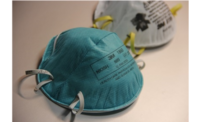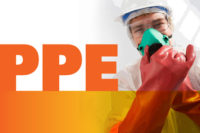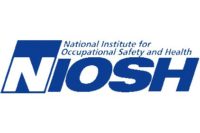Effective Tuesday, July 6, non-NIOSH-approved disposable respirators (and related decontamination and bioburden reduction systems) can no longer be used by health care personnel in health care settings. The U.S. Food and Drug Administration (FDA) announced June 30 that it is revoking its Emergency Use Authorizations (EUAs) for those products. The move means if health care personnel want or need to use more than a surgical mask, they have to use a NIOSH-approved respirator.
FDA’s announcement came after the International Safety Equipment Association (ISEA), together with the American Mask Manufacturers Association (AMMA), asked the FDA to take immediate steps to revoke those EUAs. ISEA and AMMA recommended the EUA allowing NIOSH-approved respirators to be used in health care workplaces to remain in place.
“ISEA applauds FDA’s decision to roll back stop-gap emergency measures,” said ISEA President Charles Johnson. “During the COVID pandemic, manufacturers of NIOSH-approved respirators increased production to record numbers and can confidently meet current and future demand. American health care professionals deserve reliable, U.S. government-approved protection.”
Respiratory protection manufacturers continue to work with the government, states, and health care networks to assist in increasing inventory of available NIOSH-approved respirators, including N95s and other disposable filtering facepiece respirators (FFRs), Elastomeric respirators, and Powered air-purifying respirators (PAPRs).
“The safety equipment industry is dedicated to ensuring that health care workers have access to the highest quality personal protective equipment that is guaranteed to perform as expected,” added Johnson. “Part of being prepared for future emergencies means having the safety equipment they need to stay protected.”
In its official Letter to Health Care Personnel and Facilities, the FDA recommended:
· Using only FDA-cleared or NIOSH-approved respirators.
· Transitioning from wearing disposable respirators for respiratory protection for an extended time to conventional capacity strategies that include wearing a disposable respirator for each patient contact.
· Continuing to increase inventory of available NIOSH-approved respirators.
The FDA also offered several suggestions for redistributing health care facilities’ current inventory of non-NIOSH-approved respirators, including donating them to non-healthcare settings for non-medical use (e.g., construction) or to other countries in need (in accordance with the Federal Food, Drug, and Cosmetic Act export provisions)



